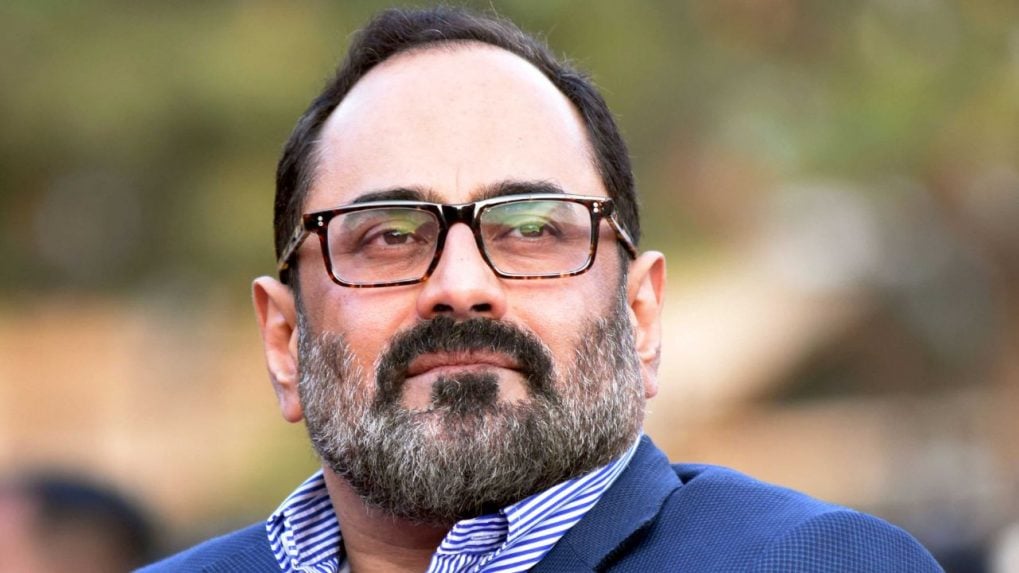Advertising
From Pink Slips to Silent Sidelining: Inside adland’s layoff and anxiety crisis

Senior BJP leader and Kerala State President Rajeev Chandrasekhar has hailed Prime Minister Narendra Modi’s announcement of next-generation Goods and Services Tax (GST) reforms, calling it a “pivotal moment” in India’s growth journey.
In a LinkedIn post, Chandrasekhar, who is also a chip designer and telecom industry pioneer, reflected on his long association with the rollout of GST, which was introduced in July 2017 as India’s most ambitious tax reform.
Read more: Government weighs GST cuts on cars and motorcycles, promising relief for entry-level buyers
“From the start, GST was about creating a unified, modern, and competitive market. As part of the Rajya Sabha Select Committee, I worked to ensure it was technology-driven, transparent, and supportive of MSMEs, startups, and ordinary citizens,” he said.
Chandrasekhar recalled that during parliamentary debates, he had argued that GST compliance would rise over time, paving the way for lower tax rates and direct consumer benefits.
"That has always been at the heart of PM Narendra Modi ji's multi-year vision and reforms, delivering sustainable benefits to all people,” he noted.
According to him, the upcoming reforms represent the “next stage in the evolution of GST”: a move towards simpler tax slabs and reduced rates.
He emphasized that these measures would “catalyze lower costs for ordinary citizens” while also strengthening India’s entrepreneurial base.
“This means more money in the hands of families, lower costs for entrepreneurs, and the expansion of India's consumption economy,” Chandrasekhar wrote, adding that he felt privileged to have been part of the GST journey and was “excited for what lies ahead.”
The BJP leader also took a swipe at Congress MP Rahul Gandhi, reminding readers of Gandhi’s criticism of the reform in 2017, when he described GST as “Gabbar Singh Tax.”
“Even as GST evolves into the biggest catalyst for the transformation of the Indian economy, don’t forget how #DesperateDynast Rahul Gandhi opposed it and called it a ‘Gabbar Tax’,” Chandrasekhar remarked.
The GST, implemented on July 1, 2017, subsumed a host of central and state-level indirect taxes into a single nationwide system, aimed at reducing inefficiencies and creating a common market. While the reform faced teething troubles in its early years, especially among small businesses, the government has since introduced several measures to simplify compliance.
It is being said that the move towards “GST 2.0” with fewer tax slabs and rationalized rates could provide a major boost to consumption, especially at a time when India is seeking to balance growth with affordability for households.
From purpose-driven work and narrative-rich brand films to AI-enabled ideas and creator-led collaborations, the awards reflect the full spectrum of modern creativity.
Read MoreLooking ahead to the close of 2025 and into 2026, Sorrell sees technology platforms as the clear winners. He described them as “nation states in their own right”, with market capitalisations that exceed the GDPs of many countries.